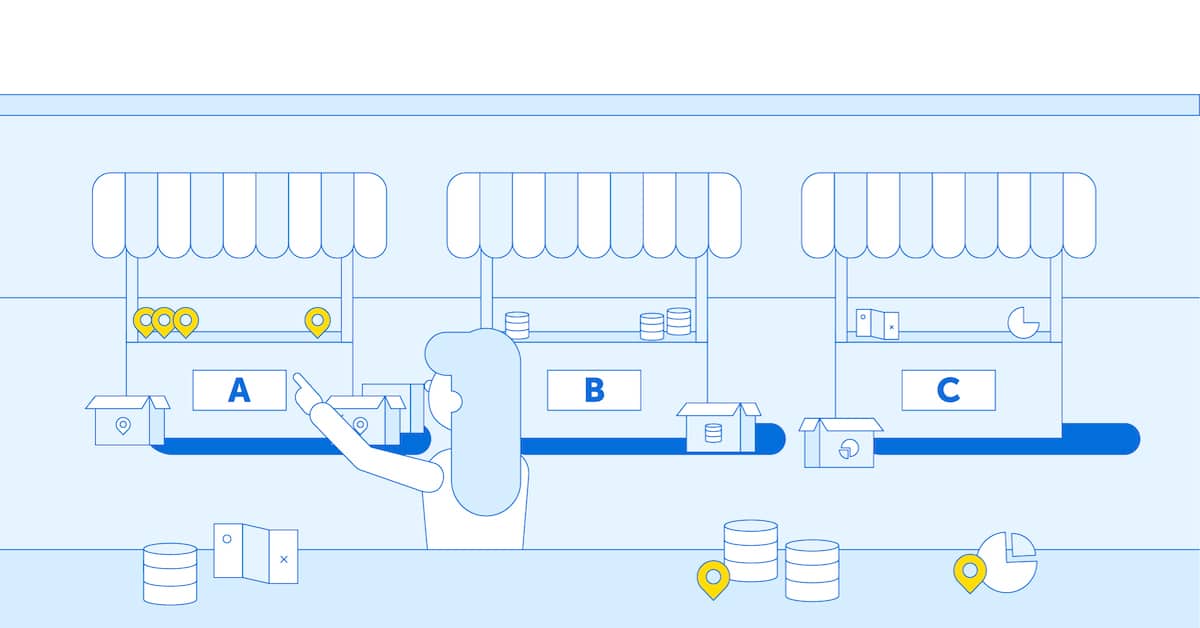Korem’s management consulting service is based on our core geospatial expertise, ongoing market watch activities and an understanding of industry trends in both software and data.
This allows us to approach technology challenges from both a business and geospatial perspective so that we can recommend a strategy that addresses your key pain points and help you develop a roadmap for the future.













